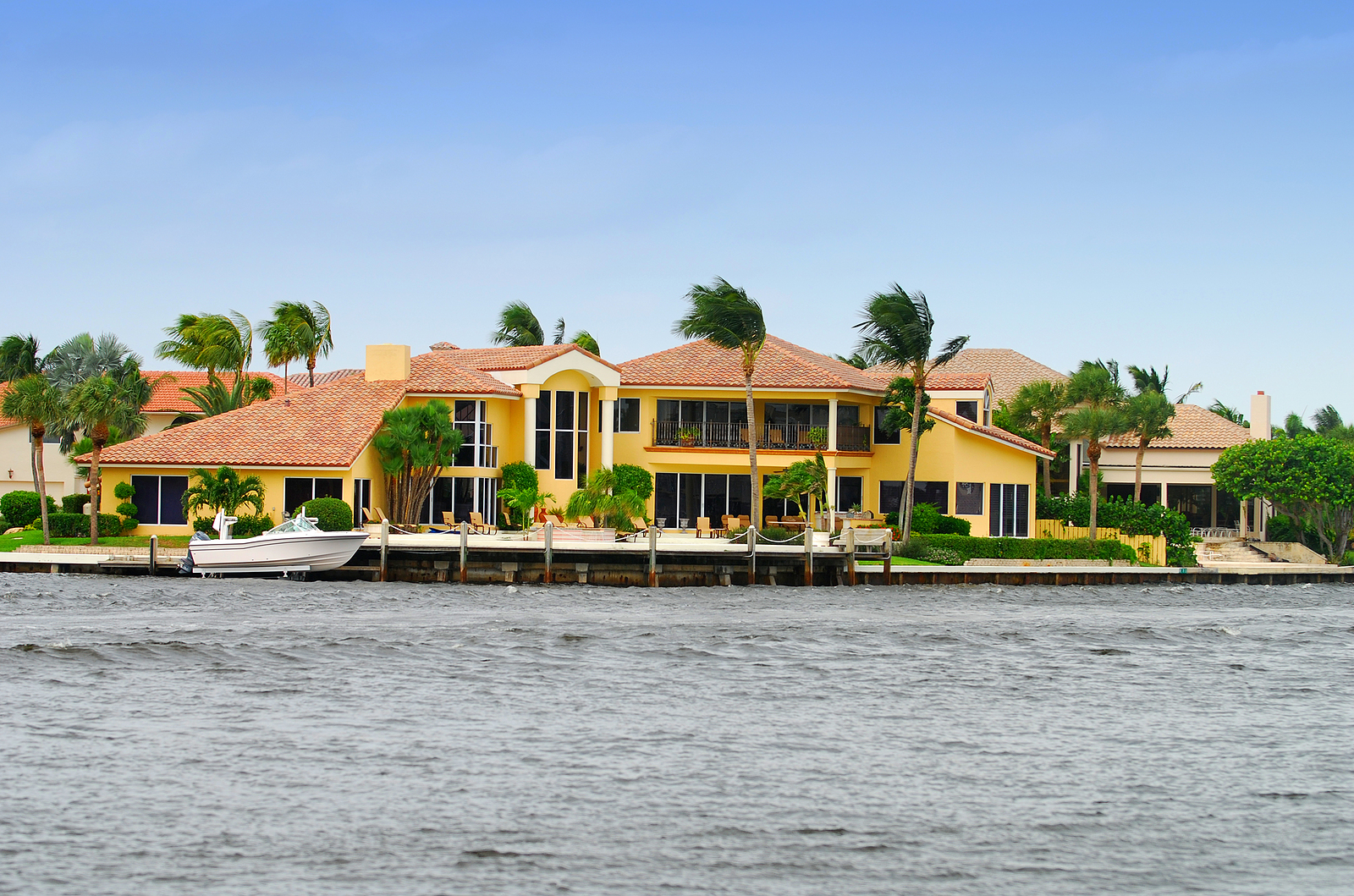If your dream is to live on the water, you’re not alone. Intracoastal Waterway or riverfront living is the dream of many and, if you own a boat, it’s understandable that you want to buy a home with a place to keep your “baby.”
Jacksonville is home to some of the best waterfront neighborhoods in all of Florida. Let’s take a look at a few things to consider before shopping for waterfront property in Jacksonville.
Do you need to shore up the shoreline?
Erosion is always a concern when water laps against the land. Many homeowners stabilize the shoreline in Jacksonville by planting native vegetation, installing riprap, retaining walls, or bulkheads. In some places, seawalls are preferred over bulkheads. For information about which is preferred in your area, government sources will be the place to start.
Voids can form due to the inherently chaotic nature of marine environments, land substrates, and fluid dynamics. This can erode foundations and undermine structures while impacting safety and threatening the value of your investments.
For information on bulkheads and erosion in Jacksonville, visit Barefoot Marine Construction.
Will you need flood insurance?
The possibility of a flood is always a concern when living waterfront. Even if you live in a low-risk area, the pro’s at the Federal Emergency Management Administration (FEMA) still suggest that you carry flood insurance.
According to FEMA, “If you live in an area with low or moderate flood risk, you are 5 times more likely to experience a flood than a fire in your home over the next 30 years”.
Did you know that homeowners’ insurance doesn’t cover flood damage? However, you can purchase a separate flood insurance policy because Jacksonville participates in the National Flood Insurance Program (NFIP). This insurance is backed by the Federal Government and is available to everyone, even for previously flooded properties. To learn more about flood insurance in Jacksonville, visit the City of Jacksonville Development Services on flood protection.
Flood insurance is required by law if you have a federally regulated mortgage. To find out if you do, go online to MarketWatch.com and scroll to the paragraph that begins with “Now, for the Quiz Answer.”
To view flood maps and learn the risk of flood damage for your home, enter your address at FEMA.gov.
Ensure that your boat type and size is allowed
Most states with waterfront residential property impose restrictions on the types and sizes of watercraft allowed on the waterways. Check with the Department of Natural Resources (DNR) for restrictions.
Fun fact: The Queens Harbor Yacht and Country Club community has its own lock system that leads directly out to the Atlantic Intracoastal Waterway, leading to the St. Johns River. Recently, Queen’s Harbour has opened its private boat slip amenity to the general public so that non-residents are able to enjoy this unique opportunity to have a slip in such a beautiful and well-maintained community.
Dock considerations
If the Jacksonville home you have your eye on doesn’t have a boat dock and you plan on installing one, you’ll need to determine what’s allowed in the area. What type and how big? Florida takes the safety of its citizens and ecosystems very seriously, so it’s essential to be mindful of dock regulations, lest you get slapped with a hefty fine, which can run as high as $10,000.
There are many companies in Jacksonville that can build a dock to fit your style and liking. However, there are select locations that have more strict regulations on the building of a dock. The best source for learning more about dock restrictions will be government resources and your own research.
Living on the water is a dream for many homebuyers, but it’s essential to learn all you can about waterfront living before placing an offer to purchase.
I love biking and boating to the beach. Please check out my YouTube channel Beach Life With Barbie, for videos about our beautiful area.


